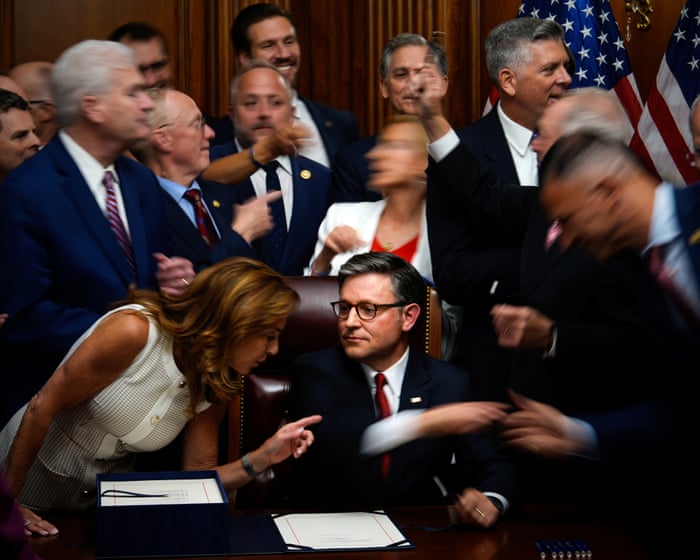The Corporation for Public Broadcasting announced Friday it will close after losing federal funding, dealing a major blow to America’s public media system and the over 1,500 local stations that depended on its support for nearly 60 years.
This shutdown comes after the Republican-led House voted last month to cut $1.1 billion in CPB funding over two years as part of broader reductions to public media and foreign aid programs.
“Despite millions of Americans calling, writing, and petitioning Congress to save CPB funding, we now have no choice but to close,” said Patricia Harrison, the corporation’s president and CEO.
For 57 years, CPB distributed more than $500 million annually to PBS, NPR, and local stations nationwide. While federal funding was crucial, stations also relied on viewer donations, corporate sponsorships, and local government support.
Rural communities will be hit hardest—245 of the 544 grantee organizations serve rural areas, and many may shut down without federal aid, threatening educational programs, children’s shows, and local news. These rural stations employ nearly 6,000 people, according to CPB.
Public broadcasting has long filled gaps left by commercial media, delivering emergency alerts during disasters and cultural content unavailable elsewhere. Rural areas already struggle with declining local journalism—one in three U.S. counties lacks a full-time local journalist, a July report found.
Most CPB staff will be let go by the end of September, with a small team staying through January 2026 to finalize the shutdown.
Republicans, including Donald Trump, have long argued that taxpayer funding for public media is wasteful, accusing PBS and NPR of anti-conservative bias. The Trump administration also sued three CPB board members who refused to step down after being dismissed.
This closure marks the end of nearly six decades of federal support for public broadcasting. Congress created CPB in 1967 to ensure all Americans had access to educational and cultural programming.



